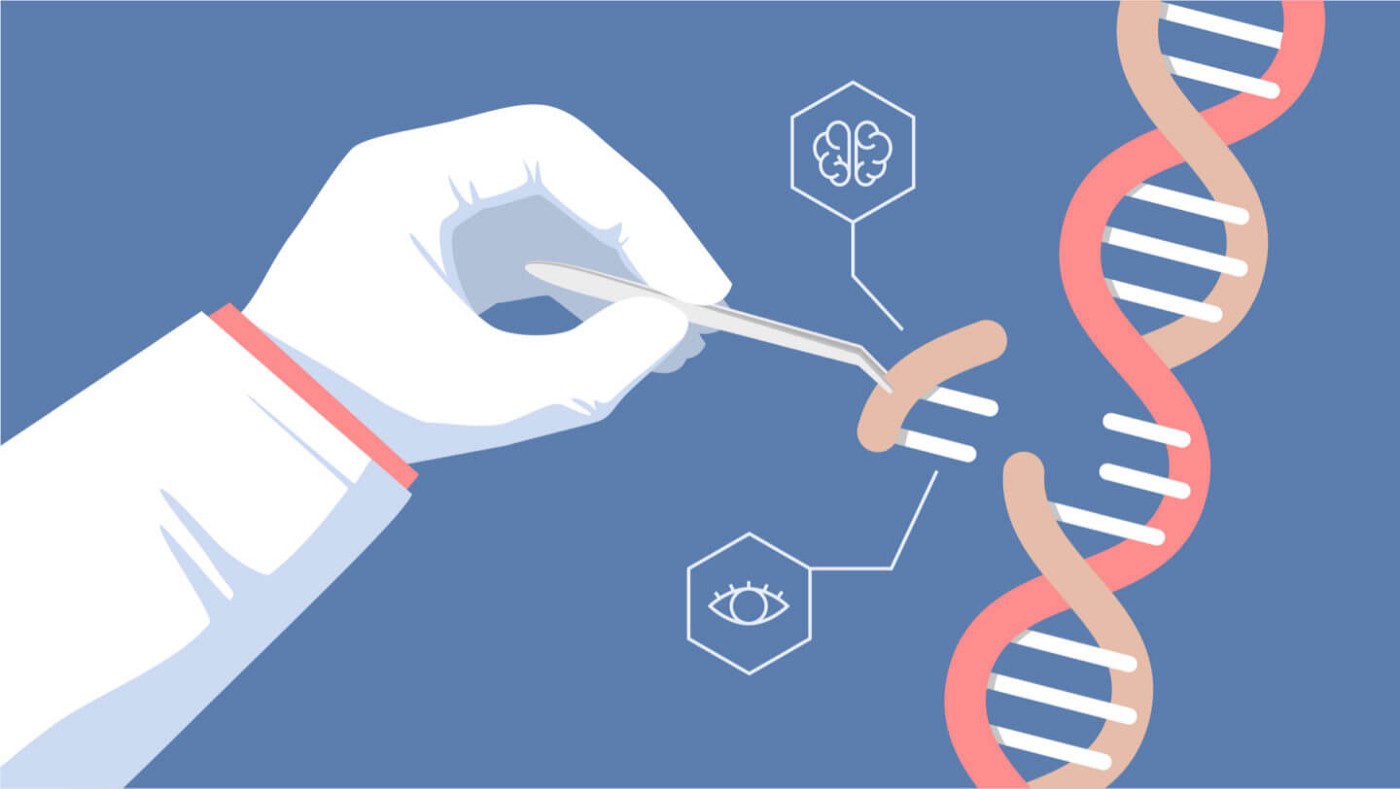Genetic engineering, a particularly modern branch of science, is the technique of transferring DNA from one organism to another either within the same species or an organism from another species.
Since 1973, this form of science has progressed by leaps and bounds and it has been applied to benefit society as well. One of the most major advantages of genetic engineering includes low-cost production of medicines and drugs, especially Insulin, human growth hormone, etc. With these drugs becoming more affordable, more patients can get access to them and be treated. Moreover, thanks to drought-resistant and salt-resistant crops, farmers are now able to grow crops even when environmental conditions are not suitable for cultivating them. Another benefit is the development of pesticide-resistant crops due to which the use of costly pesticides that may damage the environment can be reduced. An important example in this regard is the development of genetically engineered Bt corn, into which the gene of Bt toxin has been introduced. This corn has been shown to be able to kill the European corn borer whilst being harmless to humans, fish, wildlife and most non-target insects.
Although genetic engineering improves the quality of life, it has also resulted in many social and ethical issues. The foremost of them include the fact that new proteins in genetically modified food might cause allergies and be toxic or cancerous to human who consume them. Furthermore, possible resulting deaths of useful insects, butterflies, honey bees and many more, that feed on nectar of genetically modified crop plants may result in a loss of biodiversity. Other than this, some people raise concerns over exploiting animals for medical research in testing potential cancer and other drugs too. Lastly, another fear is that some people may intentionally or unintentionally may create new combinations of genes, which could be used in chemical or biological warfare.
In conclusion, genetic engineering is a wonderful prospect which can be applied to benefit society; however, it also poses a number of social and ethical issues which haven’t been addressed as of yet.
By Noman Fiaz AS
